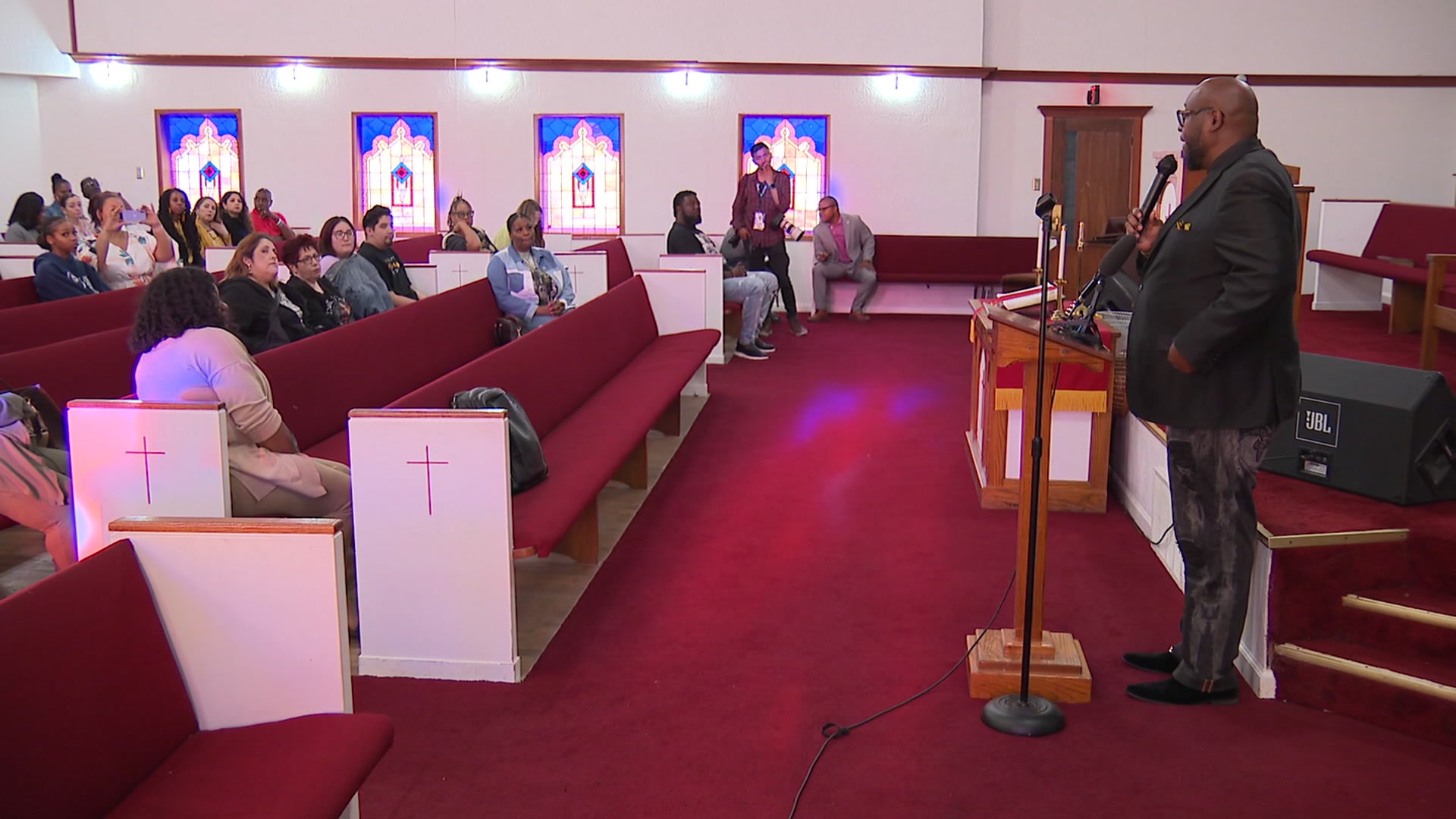There's been quite a bit of reaction to the big news from the NCAA. The governing body started the process that will allow student-athletes to profit from their name, image and likeliness.
The NCAA announced the decision, saying the move was made in a continuing effort to support college athletes.
Nakeie Montgomery, a Dallas native and star player for the Duke University lacrosse team, weighed in on the news.
"It's not really a secret that the student athletes are kind of the motor or the engine for this vehicle that is the NCAA," said Montgomery. "We put in the work. Our jerseys are being sold. And I play lacrosse, I'm not even a big money-making sport really."
The organization's Board of Governors voted unanimously that college athletes can be compensated for their name, image and likeness.
In a statement published on the NCAA website, the president of the board, Michael V. Drake explained the decision.
"We must embrace change to provide the best possible experience for college athletes." said Drake. "Additional flexibility in this area can and must continue to support college sports as a part of higher education. This modernization for the future is a natural extension of the numerous steps NCAA members have taken in recent years to improve support for student-athletes, including full cost of attendance and guaranteed scholarships."
Local
The latest news from around North Texas.
The details of how athletes will be compensated isn't clear yet. The NCAA's three divisions must craft their own rules.
NBC 5 reached out to several state colleges and universities for comment. Texas A&M University replied by pointing us to a statement from the SEC.
That statement from SEC Commissioner Greg Sankey reads as follows:
"The action of the NCAA Board of Governors today is a step in the modernization of rules related to opportunities made available to student-athletes. We are proud of the support we provide to our student-athletes in the Southeastern Conference and believe it is important, whatever the future may hold, to maintain the elements of the current college athletics system that most effectively benefit student-athletes across the country. We look forward to participating in a process that will produce an outcome that is thoroughly considered, fair and beneficial to student-athletes and consistent with the principles and guidelines outlined today by the NCAA Board of Governors."
Not everyone is optimistic. Senator Richard Burr of North Carolina tweeted saying scholarships should be treated like income if athletes profit off their likeness. And, he says, he'll introduce legislation that subjects scholarships to income taxes.
Montgomery, though, says the decision is a long time coming.
"Just thinking about big names that have played Division one basketball, Division one football, I don't even understand how anyone could justify not being able to receive compensation for bringing their brand to a school for the NCAA to make money off of."
While the details are still being worked out, the NCAA has laid some ground rules.
Student athletes must not be treated like "employees" and there should be a clear distinction between college and professional opportunities.



